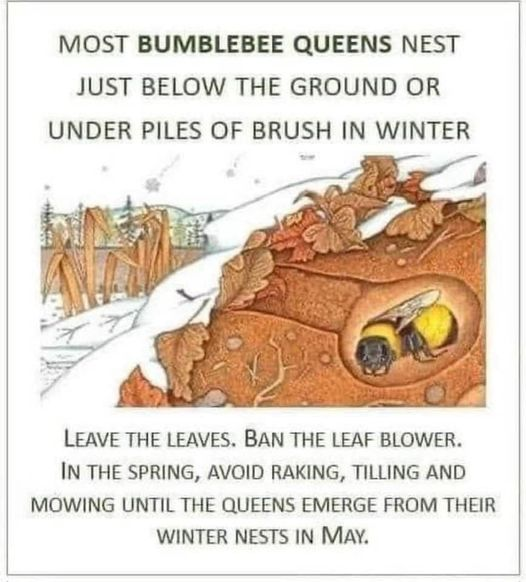this post was submitted on 18 Nov 2024
794 points (96.5% liked)
Science Memes
11552 readers
1355 users here now
Welcome to c/science_memes @ Mander.xyz!
A place for majestic STEMLORD peacocking, as well as memes about the realities of working in a lab.

Rules
- Don't throw mud. Behave like an intellectual and remember the human.
- Keep it rooted (on topic).
- No spam.
- Infographics welcome, get schooled.
This is a science community. We use the Dawkins definition of meme.
Research Committee
Other Mander Communities
Science and Research
Biology and Life Sciences
- [email protected]
- [email protected]
- [email protected]
- [email protected]
- [email protected]
- [email protected]
- [email protected]
- [email protected]
- [email protected]
- [email protected]
- [email protected]
- [email protected]
- [email protected]
- [email protected]
- [email protected]
- [email protected]
- [email protected]
- [email protected]
- [email protected]
- [email protected]
- [email protected]
- [email protected]
- [email protected]
- [email protected]
- !reptiles and [email protected]
Physical Sciences
- [email protected]
- [email protected]
- [email protected]
- [email protected]
- [email protected]
- [email protected]
- [email protected]
- [email protected]
- [email protected]
Humanities and Social Sciences
Practical and Applied Sciences
- !exercise-and [email protected]
- [email protected]
- !self [email protected]
- [email protected]
- [email protected]
- [email protected]
Memes
Miscellaneous
founded 2 years ago
MODERATORS
you are viewing a single comment's thread
view the rest of the comments
view the rest of the comments

That has not been my experience. The leaves wreck the ph of the soil and block light from letting grass grow.
Not much grass growing when it’s -20 out but you might have too many leaves so they don’t decompose fast enough during your winter
Yeah that's definitely the issue here. There's still a layer of wet leaves by the time the grass wants to start growing in the spring.
Let those leaves kill the grass and replace it with moss, clover, walkable thyme, native grasses, or any number of more interesting ground covers. I'm working towards a no-mow lawn. It's fun finding creative ways to thwart a pesky city ordinance: "A minimum of fifty percent (50%) of all yard areas shall be comprised of turf grass".
The layer of leaves kills that stuff too, right?
Probably. With a clover lawn you'll probably need to reseed annually anyway. $4 per 1lb bag covers ~10,000 sq ft so not really a bank buster there, just a little work in the fall and spring.